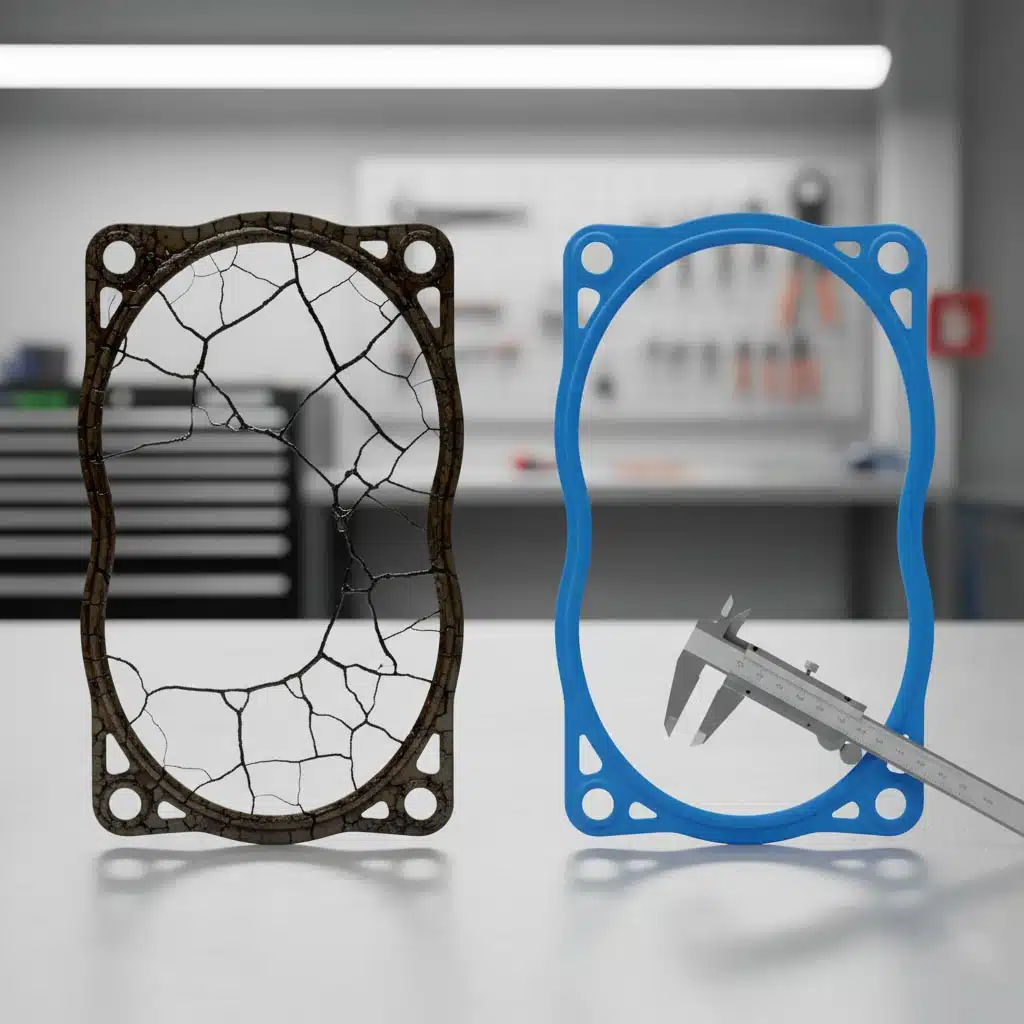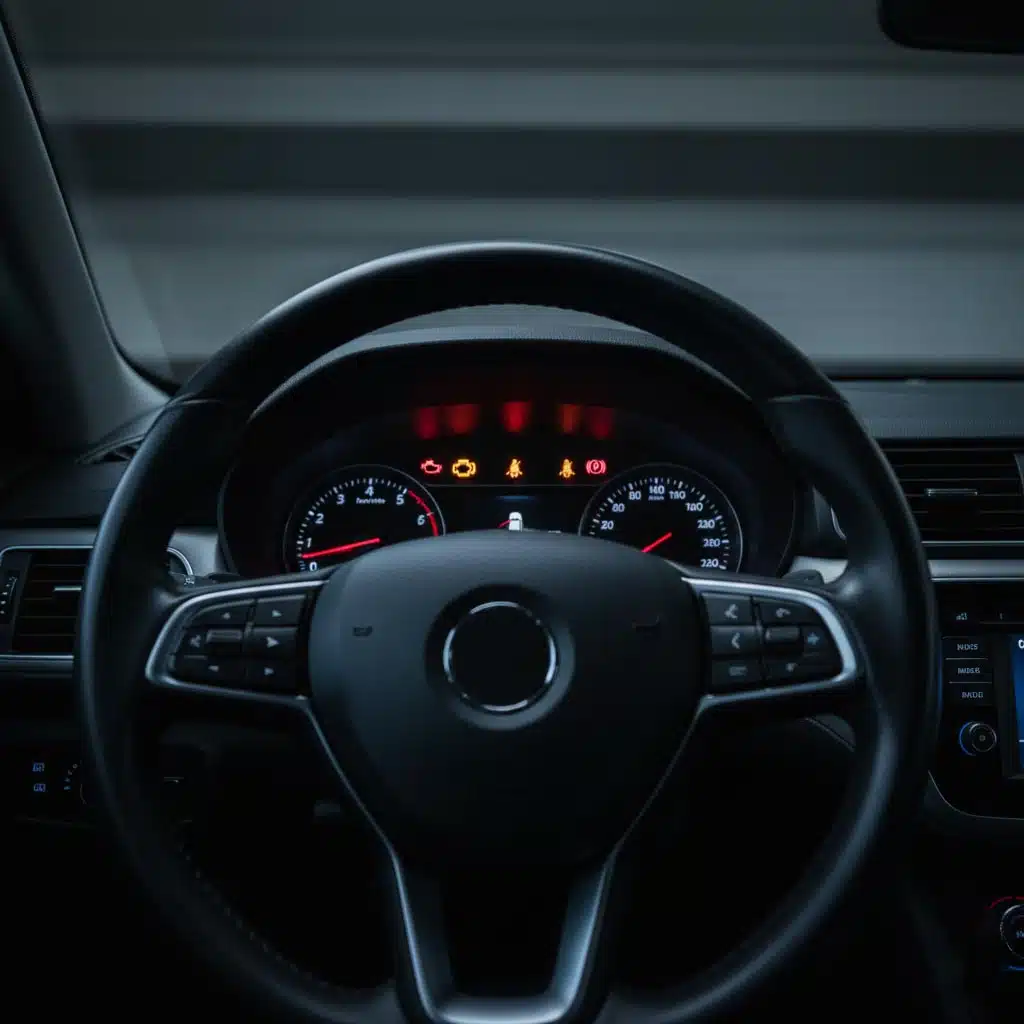Every vehicle relies on a network of components working together. But when one part starts to fail, the entire system is at risk. Recognizing the early warning signs of failing auto parts helps prevent costly breakdowns and ensures safer driving. Here are the most common indicators to watch for.
Common Symptoms of Failing Auto Parts
- Oil Leaks: Damaged gaskets or seals allow oil to drip onto the ground or engine surface.
- Overheating: Faulty cooling system components cause rising temperatures.
- Unusual Noises: Grinding, squealing, or knocking may point to worn bearings, brakes, or engine parts.
- Warning Lights: Dashboard indicators like check engine, oil pressure, or coolant alerts signal part failure.
- Poor Performance: Reduced acceleration, misfires, or rough idling can be caused by failing ignition or fuel parts.

Specific Example: Gasket Failure
Gaskets play a critical role in sealing engine components. Over time, heat and pressure cause them to wear out. A cracked gasket leads to oil or coolant leaks, loss of compression, and even complete engine failure. Replacing a failing gasket early prevents bigger damage.

Warning Signs on the Dashboard
Modern vehicles are equipped with advanced sensors that detect component failures. Ignoring dashboard warnings such as check engine, oil pressure, or coolant temperature can lead to expensive repairs. Always act on these signals promptly.

Key Takeaways
- Leaks, noises, overheating, and dashboard alerts are the top signs of failing auto parts.
- Gasket failure is one of the most common causes of oil and coolant leaks.
- Responding early saves money, prevents breakdowns, and ensures vehicle safety.
